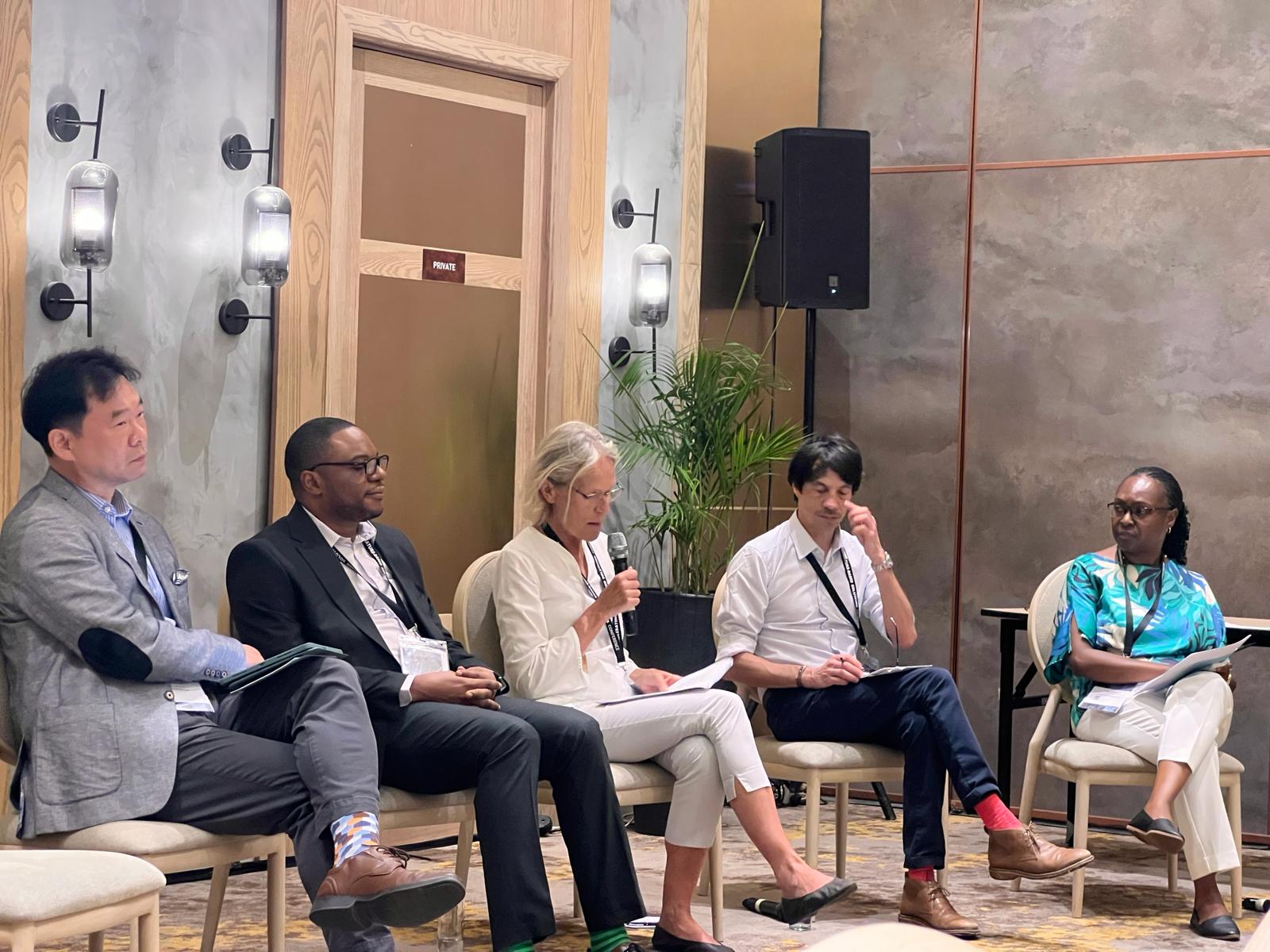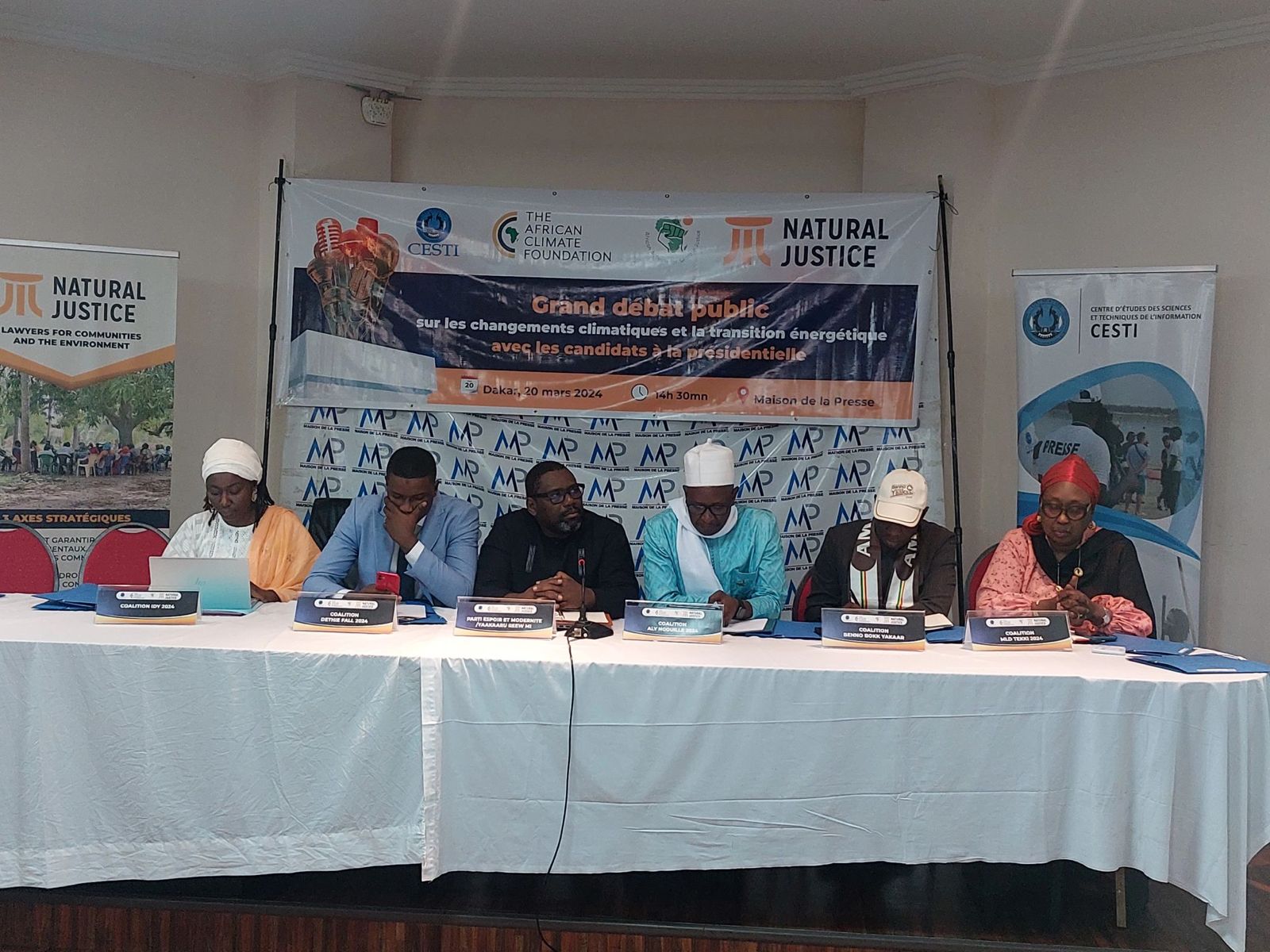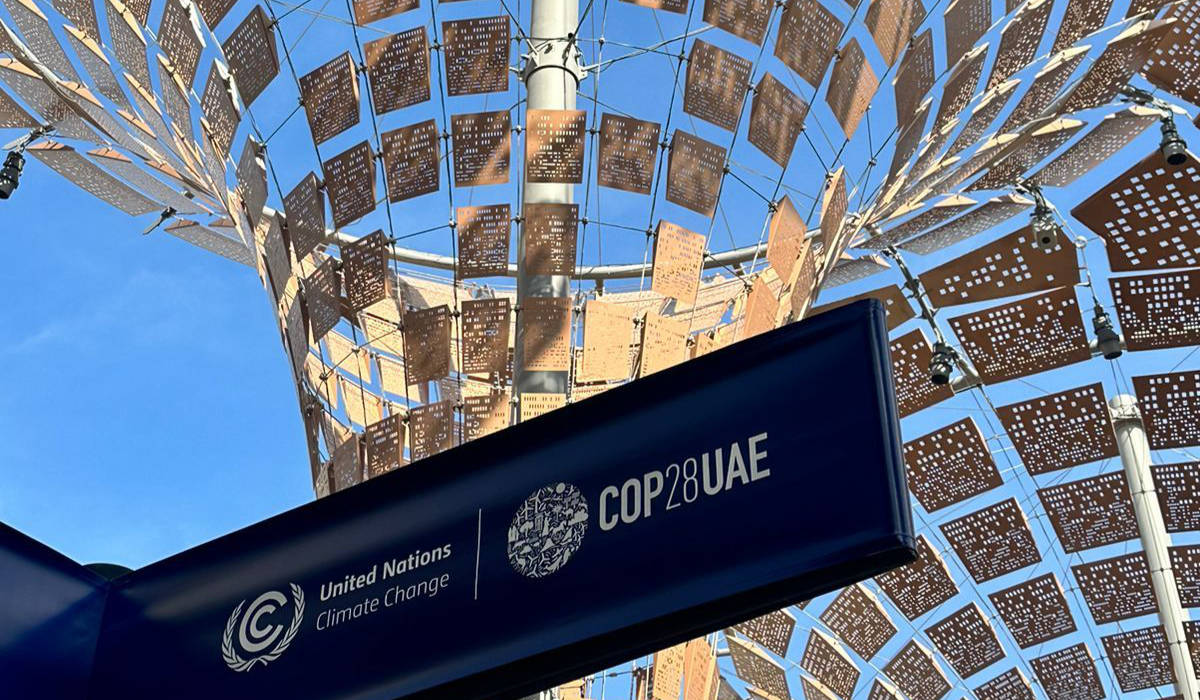At the beginning of December a vessel embarked on a controversial mission that stirred outrage in South Africa. The work it is about to do could have a detrimental impact on South Africa’s climate future.
The vessel, Amazon Warrior, arrived in Cape Town’s harbour last Sunday before it set sail to explore possible gas and oil reserves off South Africa’s Wild Coast for energy giant Shell.
The exploration, which was delayed due to an unsuccessful high court bid by climate activists, will take the form of a seismic survey, with the Amazon Warrior blasting into the seabed to detect whether any oil or gas reserves exist. South Africans are outraged about the possible damage the underwater blasts could have on the pristine marine environment around the Wild Coast.
Apart from the direct environmental concerns about the impact on marine life, Shell’s proposed exploration for oil and gas still keeps us in the fossil dark age and only postpones the need for the inevitable – a transition to a non-fossil fuel based economy.
Gas instead of coal?
South Africa is searching for ways to radically reduce carbon emissions because it is one of the most carbon intensive economies in the world.
Not only is it the world’s 12th biggest source of greenhouse gases, but the country relies on coal for almost all of its power generation
South Africa’s abundant use of coal stems from power generation by state-owned power utility Eskom. The other is the use of coal by Sasol, which uses South Africa’s coal resources to produce liquid fuel and other petrochemicals.
Lately, however, there has been a big push for South Africa – particularly at the level of Eskom and Sasol – to move away from coal and find ways to broaden the country’s energy mix.
Certain schools of thought believe that gas will play a critical role in South Africa’s just energy transition.
Where are SA’s gas deposits?
South Africa has no indigenous resources of gas although there are geological findings that show potential such as the shale gas deposits in the Karoo. But these deposits have to be proven economical in a water scarce region given how much water is needed to make fracking a viable prospect. We can say that idea is dead in the water even if they tried.
Gas has been exploited off of Mossel Bay’s coast and used for the PetroSA gas-to-liquid plant, the first of its kind in the world. That project had also reached the end of its life as the Mossel Bay project has run out of gas.
Thus the search for new gas deposits is on and there are new attempts to look at exploration and new frontiers along South Africa’s East Coast.
Right down from the horn of Africa, there are signs of possible viable gas deposits. Large finds of oil and gas reserves have been made in Tanzania and Mozambique, and there is great excitement about gas finds along South Africa’s East Coast.
Many believe that this could change South Africa’s prospects and prosperity.
Gas and climate change
There is an argument that gas is an improvement on coal to some degree. Yet gas as a sustainable energy source remains controversial.
The methane emissions associated with gas are far more carbon-intensive than carbon emissions from coal, especially if it is going to liquified natural gas (LNG). Piped gas is said to have methane leakage and a lower carbon footprint..
The question has to be asked whether gas usage aligns with South Africa’s new ambitious national determined contributions (NDC) – the emission cuts it has committed to.
At COP26 South Africa set ambitious new targets. The target is to keep annual emissions at between 350 and 420 megatons of carbon dioxide equivalent by 2030. South Africa’s environment department had earlier recommended a less ambitious target of between 398 and 440 megatons. South Africa’s previous NDC, set in 2015, had a range of between 398 and 614 megatons.
That has been a significant achievement largely facilitated by the Presidential Climate Change Coordinating Commission in cooperation with South Africa’s environmental department.
The right investment to support the right development
There’s no doubt that South African economic development needs new investments. But that development can’t be a jobless one. It has to contribute to a more equal society.
If there are investments in new types of areas of energy, then we should not only focus on our emissions in the future, but also investigate investments that will strengthen South Africa’s energy mix and lead to energy security and intensification of job opportunities.
There’s uncertainty whether Shell’s oil and gas exploration would be able to achieve this.
The seismic survey occurs in an area of pristine South African coast. The Wild Coast is a significant landmark in terms of its natural beauty, and it is a unique natural asset. There is great significance in the marine area, which is home to important species such as dolphins, endangered fish and other species whose role in the ecosystem are essential.
The Wild Coast is largely rural and undeveloped and the people who live here are dependent on the biodiversity for their livelihood, mainly from consumptive utilisation and tourism-related activities.
Before the exploration goes ahead, it is worth pausing to ponder several issues.
First is that this is an important area for the wildlife economy, natural nature-based economy and people’s livelihoods. What are the chances for people in those areas if there are significant gas finds to still make a living through sectors such as tourism and fishing? How long will this take and what are the economic implications? The impact is not just an environmental issue. We have to triangulate the potential negative economic long-term impacts to the area.
On the flipside we know that the Eastern Cape has a lot of poverty and unemployment. But there is no guarantee that gas exploration necessary would lead to economic development and prosperity.
The government does have a blue economy programme, which was mooted several years ago, and it’s not entirely clear why this national economic programme has not been taken forward in a serious way.
It is debatable whether a vision for the poverty-stricken Eastern Cape should be based on gas and mining as a dominant activity or whether other forms of more nature-aligned economic activities like tourism, wildlife and marine management activities make more sense. So far, the idea of mining titanium and later gas is fuelling conflict – how can this ever be good for the people of the region and the economy?
Urgent interdict
Communities along the Wild Coast are justifiably anxious about the promises that are being made, and the manner in which the current exploration is happening is clearly a concern. Worried communities, opposed to the seismic surveys, are pointing out that authorisation was done without proper consultation.
South African environmental groups had lodged the urgent application on Monday to block the survey. The applicants argued that irreparable damage would be done to the environment if the survey was allowed to go ahead, because the exploration area contained four marine parks and the coastal area was pristine.
They also put forward that Shell did not have the environmental authorisation under South Africa’s National Environmental Management Act to go ahead.
But today’s judgment by Avinash Govindjee in the Makhanda High Court did not grant the requested interdict, allowing Royal Dutch Shell to move ahead with the seismic tests.
Shell had warned in court papers that, if the interdict was granted, monetary concerns would’ve force it to abandon the project.
Shell is a climate culprit
The exploration by Shell is also not consistent with what is required by the oil giant to reduce its carbon emissions over the next decade or so.
Shell is appealing a ruling issued by the District Court in The Hague, in May 2021, that it must reduce its global net carbon emissions by 45% by 2030 compared with 2019 levels.
The case was part of a suit brought against Shell by a group of environmental activists in order to ensure that it adhered to a policy of working to keep global warming to below 1.5 degrees globally.
It was the first time a company has been legally obliged to align its policies with the Paris climate accords, says Friends of the Earth, who brought the case to court.
Real beneficiaries
The question is also who will be the real beneficiaries of the mineral exploitation of gas reserves.
In the past, promises were made and broken at the drop of a hat. As a result South Africans are deeply sceptical whether large-scale investments in oil, gas and mining projects will actually benefit local people.
Of course the public will be suspicious given that we have had a long and intense history (especially in the last decade) of corruption scandals and only a few people benefiting from the mineral wealth of this country.
Our unemployment is high – it’s now nearly 35% – and it is often used to justify more extraction, such as oil and gas.
The citizens of the country will rightfully ask about past broken promises. The same has been said about all the other minerals – that this belongs to the people – yet these words are empty slogans. All the people of South Africa have to show for it is a scandalous scene of grassroots poverty and more and more wealth leaving the country.
How is it possible that gas is really good for South Africa given that, if we are to work with the past, the sentiment now is more of the same: give us one more chance and we will promise you a better future.



